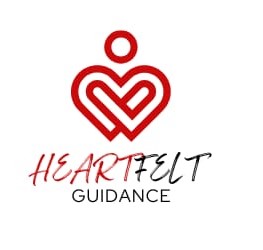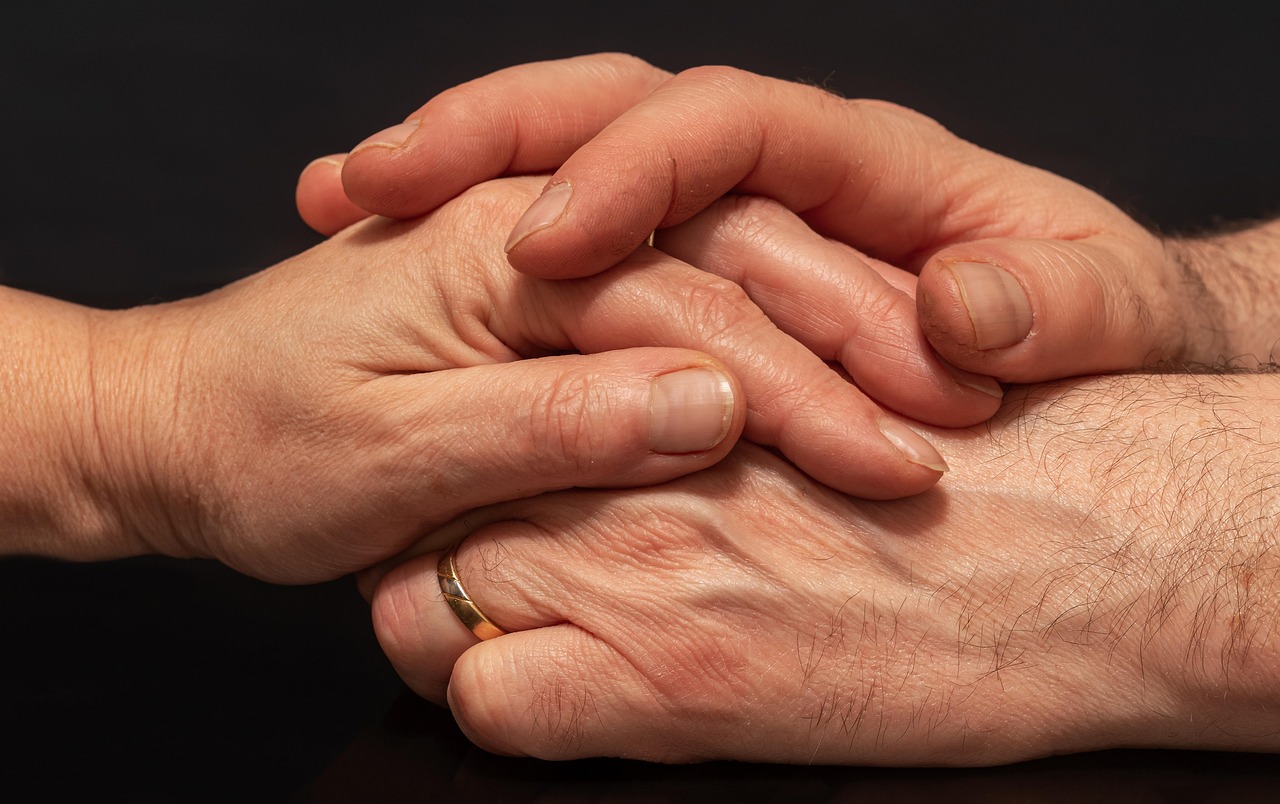Faith-Based Counselling vs. Secular Therapy: What’s the Difference?
Foundational Worldview
- Faith-Based Counseling:
- Rooted in spiritual principles, often drawing from Scripture, prayer, and theological frameworks.
- Sees emotional and psychological struggles as intertwined with spiritual health.
- Healing is viewed holistically — addressing body, mind, and soul.
- Secular Therapy:
- Grounded in psychological theories and scientific research.
- Focuses on cognitive, behavioral, and emotional processes without religious integration.
- Healing is approached through evidence-based techniques like CBT, DBT, or psychoanalysis.
Guiding Authority
- Faith-Based: The Bible (or other sacred texts) serves as the ultimate authority for truth, morality, and healing.
- Secular: Humanistic, empirical, and clinical models guide treatment, often emphasizing autonomy and self-actualization.
Techniques and Tools
- Faith-Based:
- May include prayer, Scripture meditation, spiritual disciplines, and pastoral care.
- Often integrates traditional therapy methods with biblical counseling models.
- Secular:
- Uses standardized therapeutic modalities (e.g., EMDR, exposure therapy, mindfulness).
- Avoids religious content unless initiated by the client.
Counselor-Client Relationship
- Faith-Based:
- Shared beliefs can foster deeper trust and spiritual accountability.
- Counselors may serve as spiritual mentors or discipleship guides.
- Secular:
- Emphasizes neutrality and non-directiveness.
- Boundaries are strictly professional, with less emphasis on shared values.
Ethical Framework
- Faith-Based:
- Ethics are shaped by religious doctrine and pastoral responsibility.
- May prioritize spiritual transformation over symptom relief.
- Secular:
- Governed by state licensure boards and psychological associations.
- Focuses on informed consent, confidentiality, and clinical outcomes.
Summary:
Ok, here’s the bottom line for ME. Secular based therapy concentrates on SELF…When I am in alignment with God’s will and commandments, SELF is taken care of as a default. When my thinking (Renewed Mind) is concentrated on my “neighbour”, I don’t have room to think about the reasons I might be sad, depressed, etc. I automatically achieve my “best self” in God’s eyes when I am focused on others in need.

